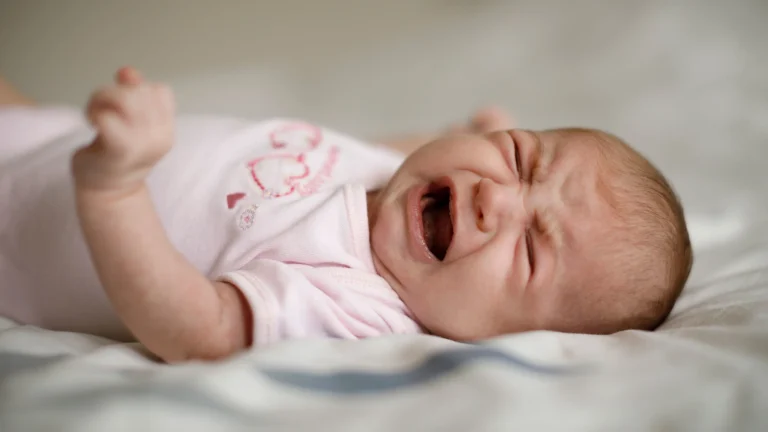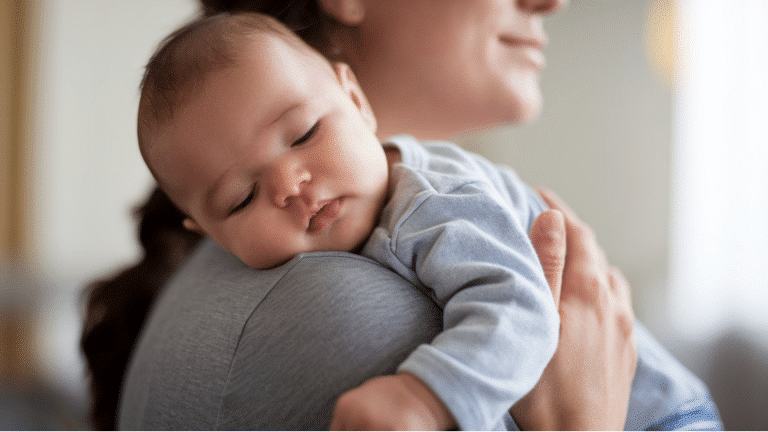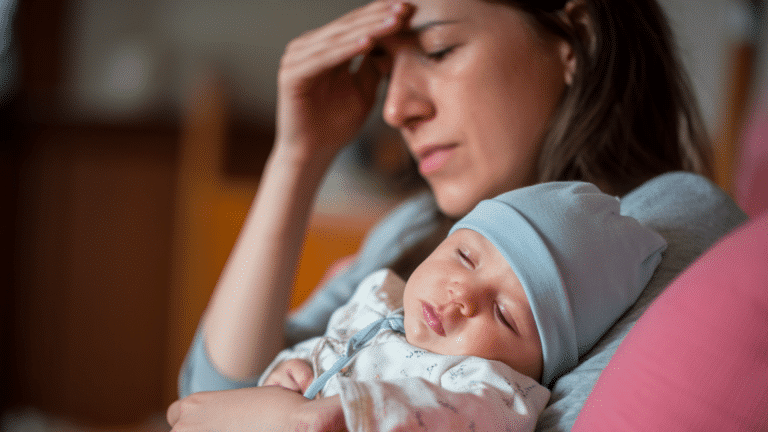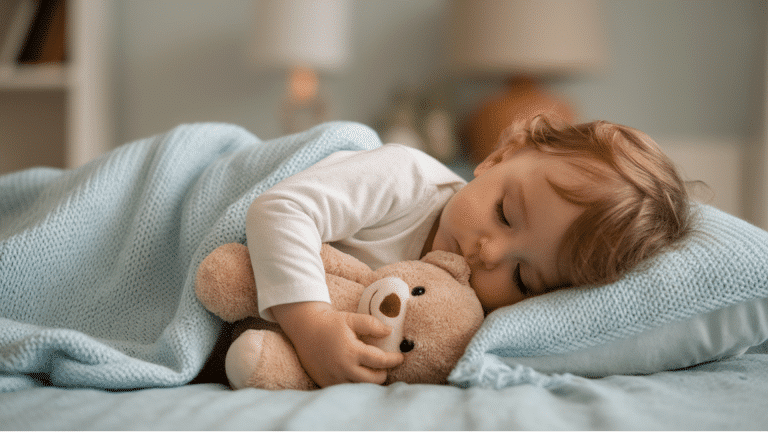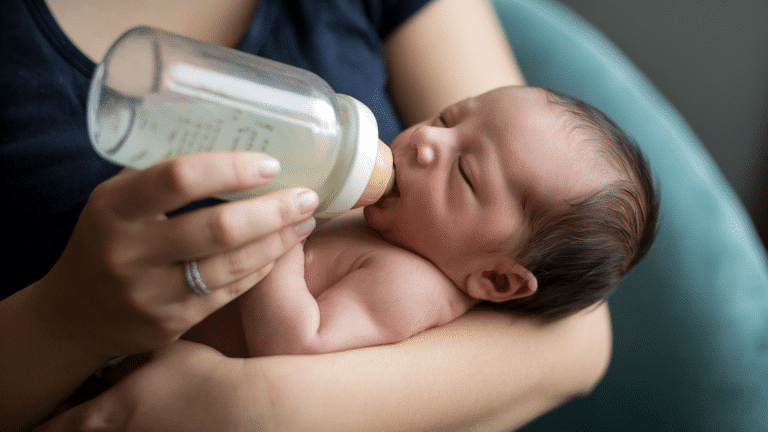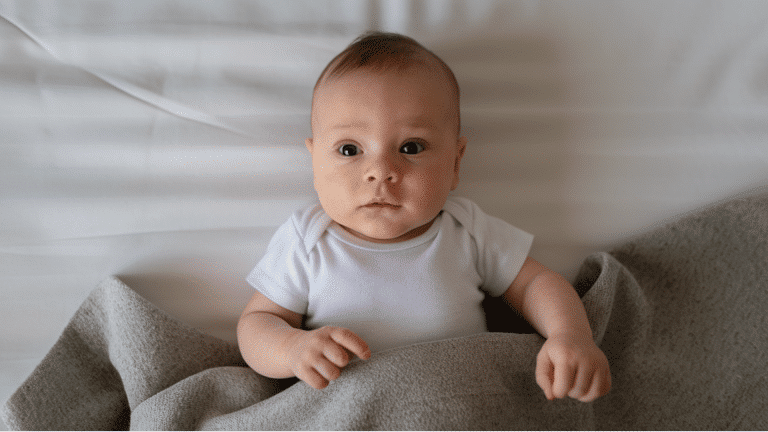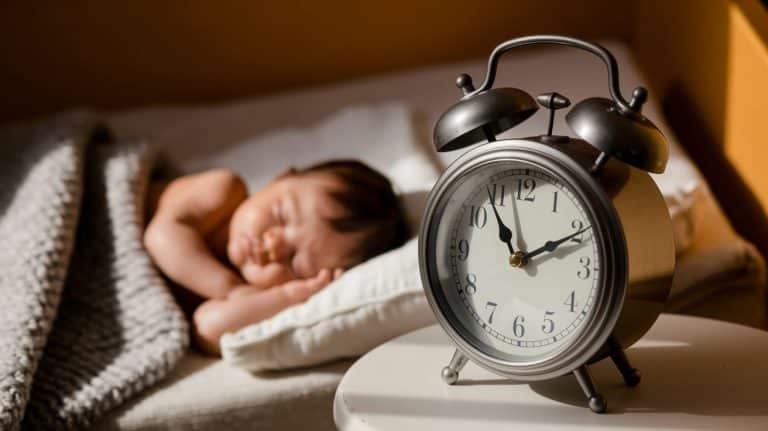It is common to find that all babies cry. But the thing is to determine whether it’s a 10-month sleep regression.
Generally, sleep regression symptoms vary from baby to baby. Is your baby crying for an hour? As a parent, your job is to discover why the baby is crying.
Letting the baby cry for longer can result in many difficult situations. The baby may undergo many physical and emotional well-being.
So this topic needs to be addressed seriously for every parent. Even if you are the parents of the first baby, you need to be alert and check the condition of the baby crying frequently.
How Does Crying for an Hour Affects the Baby
Eventually, you may be able to tell what your baby needs just by listening to them cry.
For instance, newborns frequently cry because they are hungry when they wake up.
If they have to wait a very long time until they need something, this leads them to cry.
They may want to feed them, or they are feeling low due to some medical reasons.
When you recognize patterns like these, you can better attend to your baby’s needs in response to their crying.
1. Stress Level
A baby becomes more stressed when left to cry for longer periods.
This is because crying is a normal reaction to discomfort, and if a baby is not soothed right away, they may get angrier and angrier.
Both bodies will continue to emit the stress hormone cortisol if they weep, which may be detrimental to both mental and physical health.
A baby’s immune system might be weakened by high cortisol levels, leaving them more vulnerable to disease.
2. Oxygen Level Check
A baby’s oxygen levels may drop as a result of prolonged sobbing, which can be harmful and possibly result in long-term health issues.
You may need clarification about whether the child is crying due to medical conditions or what.
An infant wastes a lot of energy and physical effort when crying. Their respiration and pulse rates quickens, possibly lowering their oxygen saturation levels.
Reduced oxygen levels can be harmful to an infant’s health. It may result in hypoxia, a disorder when the brain and body do not receive enough oxygen.
3. Less Comfortable
Sometimes, an unresponsive period can be frustrating for the baby. Many parents leave their children with some servants.
Often, babies feel less comfort, leading to continuous crying. This leads to crying for both parents and baby. Babies get anxious and are also less comfortable in the current environment.
Furthermore, a parent’s mental health may suffer as a result of the emotional and mental strain of having to ignore their crying infant all the time, which may result in feelings of fatigue, anxiety, or melancholy.
Finding appropriate and healthy methods to respond to a baby’s screams is crucial for caregivers who want to strengthen the parent-child bond.
Taking Proper Care of Your Baby Crying
It is often essential to take proper care of babies. So follow some of the steps mentioned so that the baby doesn’t cry for a continuous period.
- Make a good routine for the night’s sleep. You can play soothing music to relax the baby and sleep peacefully.
- You can use a baby monitor tool to watch the baby’s activity.
- You can also contact the healthcare service provider. Sometimes, parents cannot recognize the reason behind the baby’s crying.
Conclusion
Some kids can sleep peacefully, while some do not. It may be normal to see a baby crying. At the start, you may be having trouble handling your baby.
If you are more stressed, you can practice some breathing exercises. But don’t lose control of situations like a baby crying.
Every parent decides to undertake sleep training on their own. You may decide that a different strategy is more effective for you, or you may feel that the advantages exceed any concerns for you and your child.
Frequently Asked Questions
Does Letting a Baby Cry Hurt the Child?
According to studies, letting a crying baby cry it out is not harmful, which has revived the argument over whether parents should help them or let them alone. But the reason is that sometimes can be challenging for the kids. They may suffer from long-term issues.
Why Does One Get a Headache After Crying?
Several muscles in the face stiffen up when someone cries. Additionally, the back of their head, neck, and jaw may all feel tense. The constant contractions of these muscles during extended sobbing sessions might cause tension headaches.
How Is the Brain Affected by Crying?
According to research, emotional tears release endorphins and oxytocin, which are self-soothing mechanisms. These substances have a challenging effect and may relieve emotional and physical discomfort. Crying can, therefore, aid in easing pain and enhancing well-being.
Is There Any Number for Too Much Crying for Kids?
Young children typically weep since it’s how they communicate their needs and feelings. But, it could be worthwhile to check in with the parents or, if necessary, provide support if you are worried about the frequency or intensity of the sobbing.

